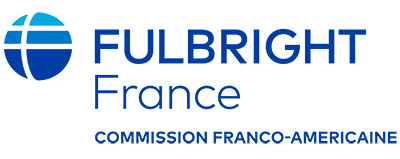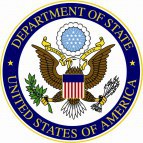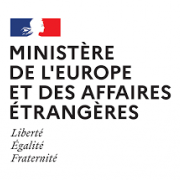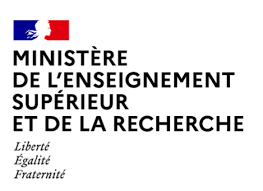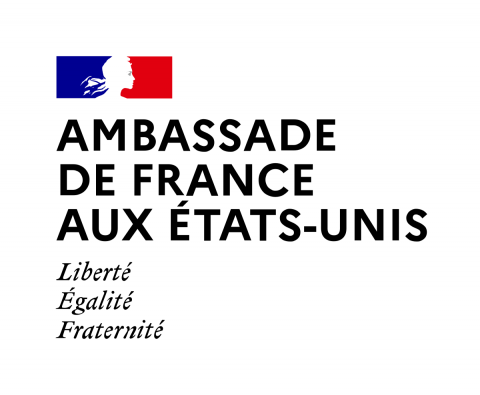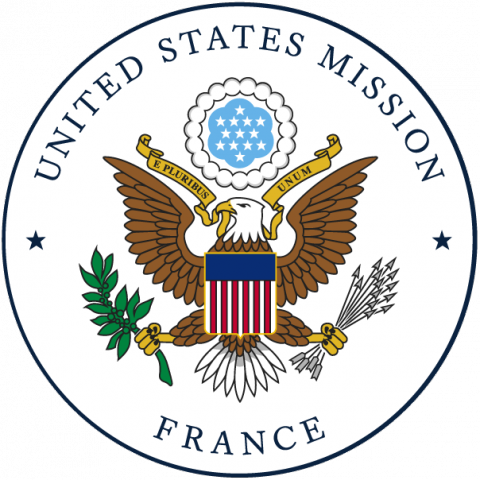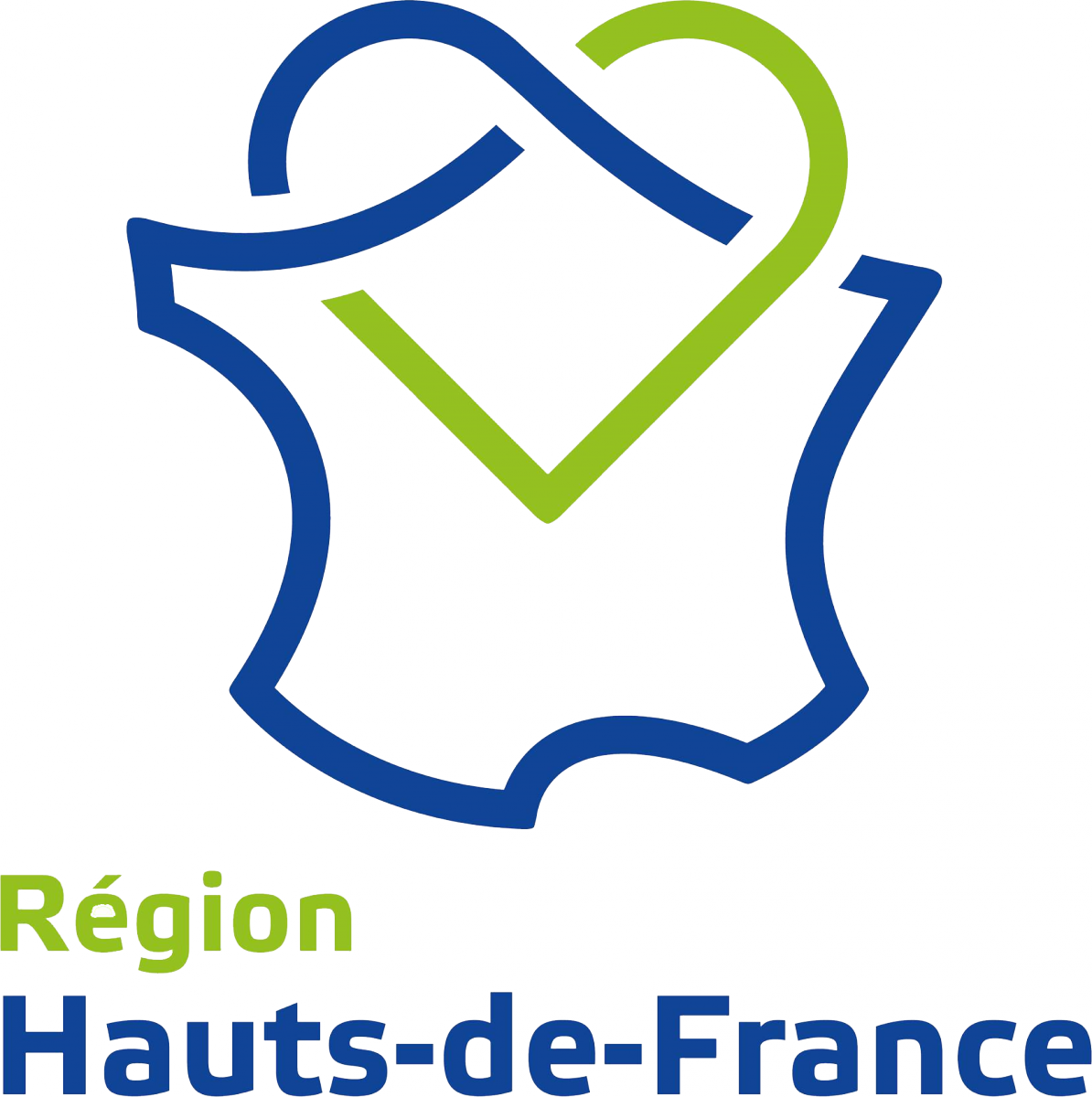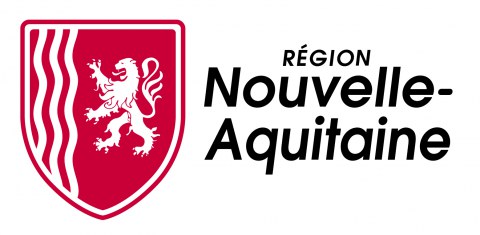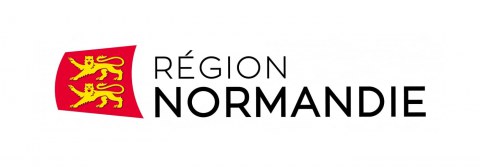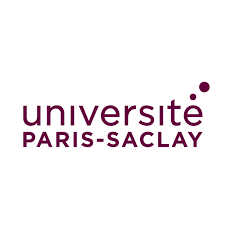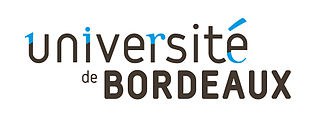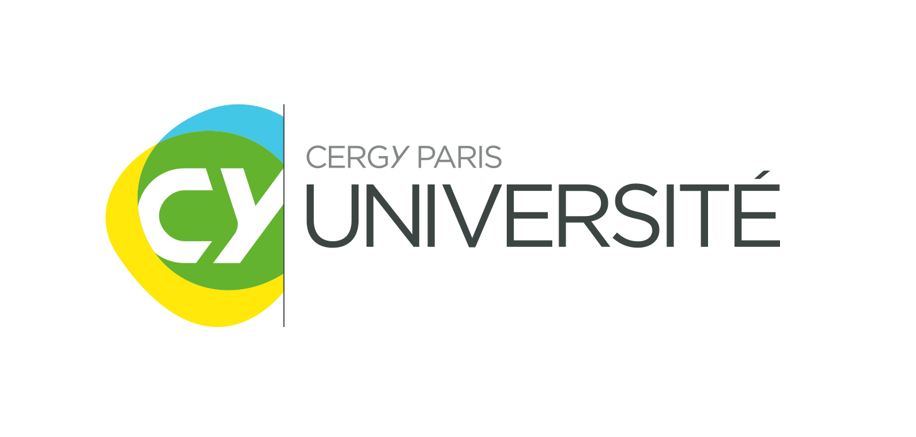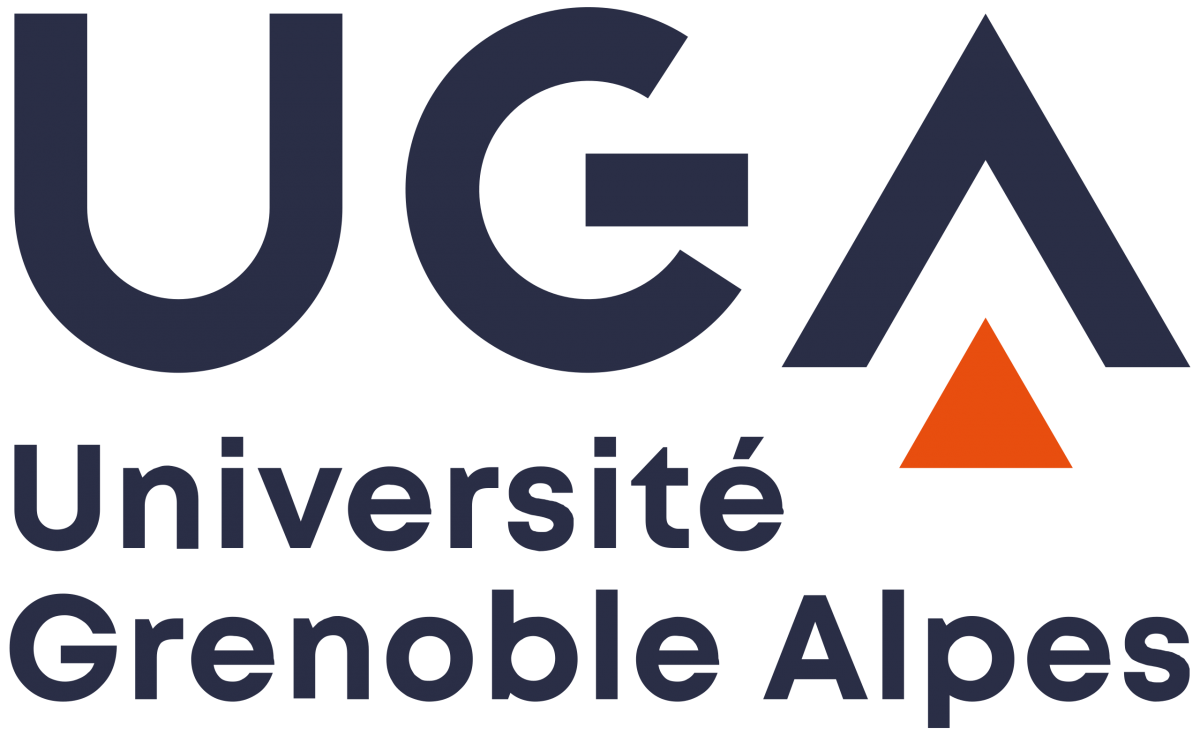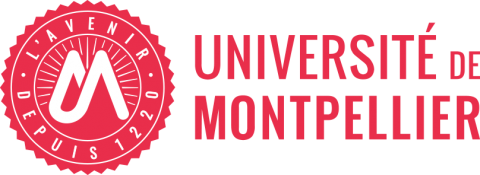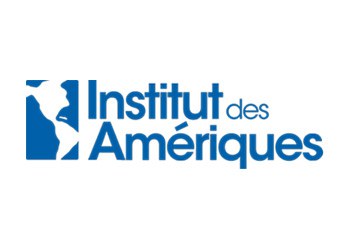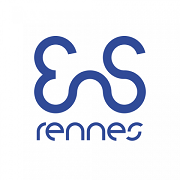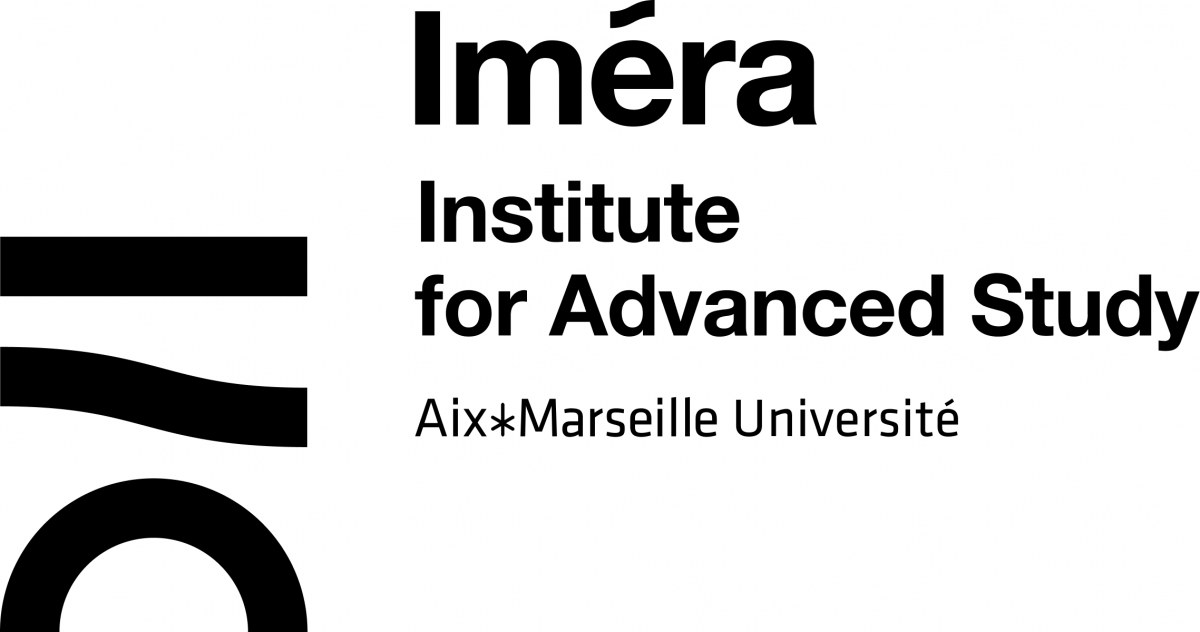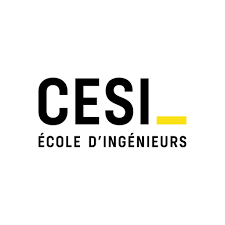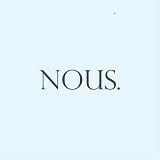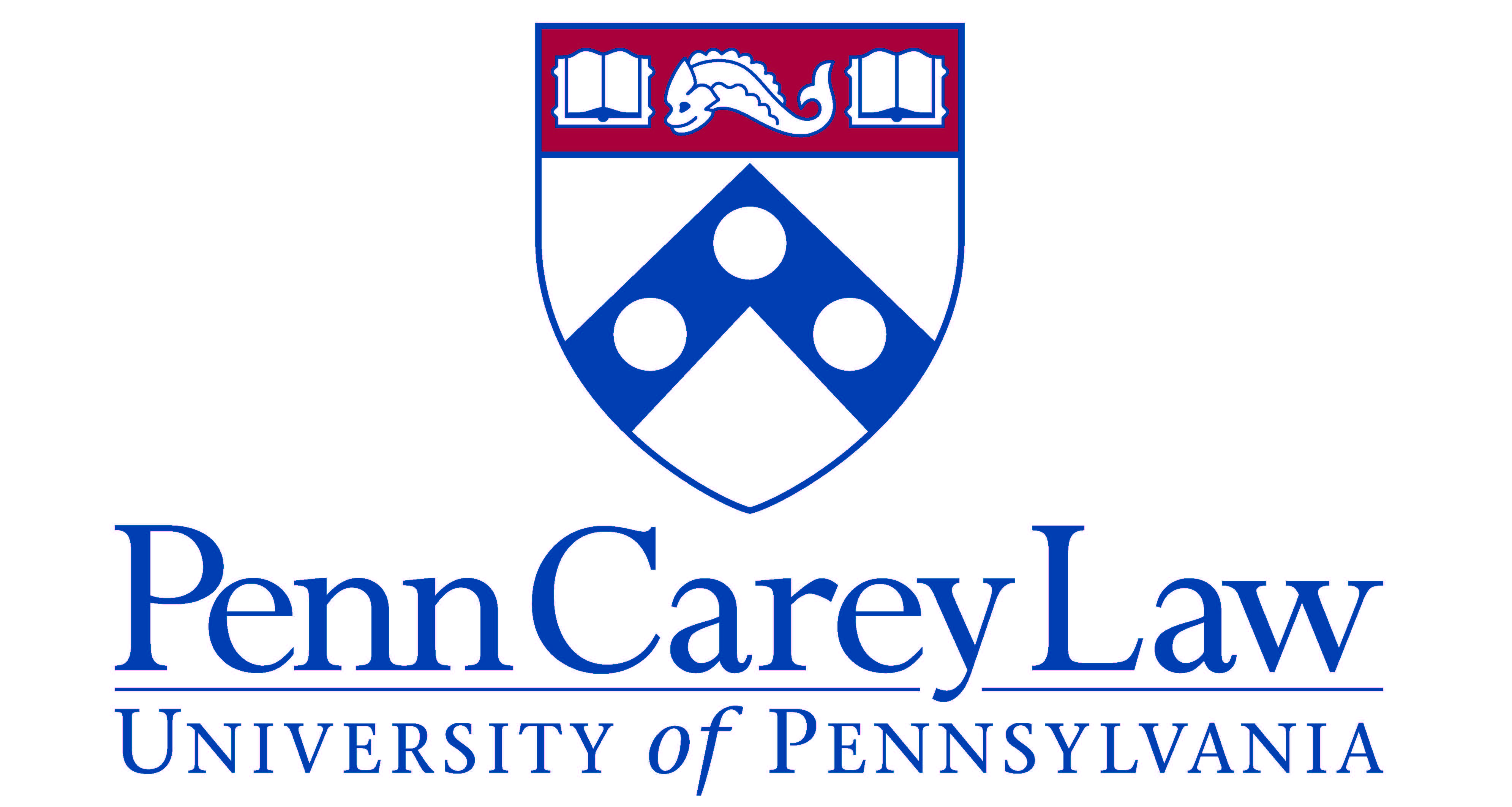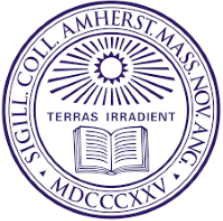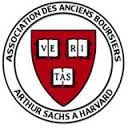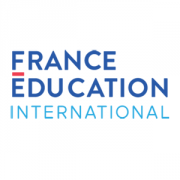Here are some answers to your frequent questions.
Is the French version of the website just the translation of the English version?
No. The French version is dedicated to French candidates who wish to apply for a grant to go to the United States whereas the English version is for American candidates who want to go to France; programs are then slightly different depending on your profile and the application process as well.
Is this website devoted exclusively to candidates applying for a Fulbright grant?
No. If you do not plan to apply for a Fulbright grant but you are considering coming to France, then you can find useful information about other opportunities to come to France in the Study in France section of the website.
Where can I read testimonies of American Fulbright grantees?
You can read about the 2023-2024 U.S. Fulbright grantees in France on the About the grantees page. You can also visit Le Blog des Lauréats where both American and French Fulbright grantees share in real time their experiences abroad.
What is the application process for Fulbright grants?
To apply for a Fulbright grant, American candidates must pass through the Institute of International Education or the Council for International Exchange of Scholars, which are the two organizations operating the Fulbright program in the United States. You will learn more about the application process on the page of the program you are interested in.
For further information, please consult the Grants for US Citizens page.
What are the Fulbright Commission’s partners?
You can find the list of all institutional partners (French and American) and private foundations working with the Commission on Our Partners page.
How can I be regularly informed about the Commission’s news?
To be informed of all new events and information, we invite you to follow us on social networks (links at the bottom of every page). You can also visit our website regularly and especially the News section.
What is the Fulbright Program?
The Fulbright program is a very competitive scholarship scheme based on merit. This program was founded in the United States in 1946 in order to increase mutual understanding between the people of the United States and the people of other countries. Fulbright partnerships exist today between the U.S. and governments of more than 155 countries.
In 1948, France was one of the first countries to sign an agreement with the United States to implement the Fulbright program between the two countries.
What is the Fulbright Commission?
The Fulbright Commission administers the Fulbright program between France and the U.S. and offers about 20 programs adapted to different applicant profiles. Our French section manages all scholarship programs for French citizens wishing to go to the U.S. for their study or research project. Our American section manages scholarship programs dedicated to American citizens who want to come to France for the same purpose.
How are Fulbright grants funded in France?
In France, Fulbright grants are funded jointly by the French and American governments. The Franco-American Fulbright Commission also receives financial support from institutional partners and private foundations for providing grants. Visit the Our Partners page on the website for more information.
Are Fulbright grants limited to specific fields of study or research?
No, Fulbright grants are open to all fields.
However, some of our partner foundations award grants to specific fields of study/research. Visit the Our Partners page for more information.
I have the dual Franco-American citizenship. Am I eligible?
No, dual citizens of the U.S. and France are ineligible to apply for a Fulbright grant to France. However, you may be able to apply as U.S. citizen for a Fulbright grant in another partner country. You will find a list of all partner countries here.
For study in the U.S., Franco-American citizens may also be eligible for scholarships offered by our private partner foundations. To apply, complete the online Fulbright application and identify all the scholarships you are applying for in the “Fiche de synthèse” (under “Country specific questions” in the online application). Make sure you tick the box “I am not applying for a Fulbright grant.”
